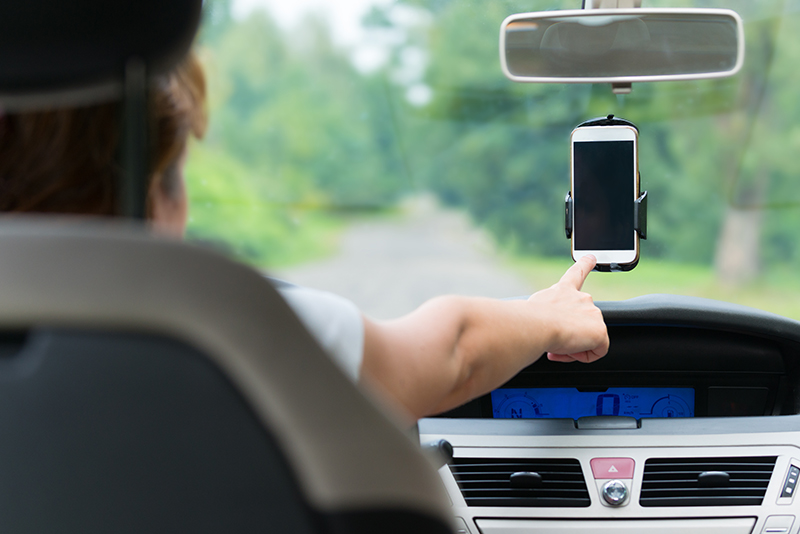Ridesharing and taxes: king of the road, or roadkill?
August 18, 2017 by Carolyn Richardson, EA, MBA
With the increasing popularity of ridesharing services such as Lyft and Uber, you may be asking yourself, “Can I make extra money doing this?” The answer, of course, is that working for a ridesharing service, or doing similar kinds of “gig economy” work, such as making deliveries for shopping sites, may be a good way to make some extra cash. But what are you getting yourself into?
Most of the companies involved in these types of services treat the people who work for them as independent contractors, not employees. In simple terms, independent contractors are actually working for themselves, and are not considered employees of a business. This not only means that those who drive for them receive no benefits (although some companies provide more protection for their contractors than others), but they may be creating tax problems for themselves if they are not aware of the tax issues that can arise from these gig jobs.
Independent contractors are considered to be self-employed, and there are both benefits and drawbacks to that. Contractor income is reported from the company via either a Form 1099-MISC or a Form 1099-K to the worker. Unlike a Form W-2, which employees receive, these forms usually do not have any federal or state withholding included with them, so no tax payments are being sent to the government against your eventual tax liability. This can result in an unexpected – and potentially large – tax surprise when you file your tax return. In addition to income taxes, self-employment income is subject to “self-employment tax,” which is the equivalent of both the employer and employee share of Social Security and Medicare taxes, and taxed at a 15.3% rate, in addition to your normal income tax rate.
On the bright side, taxes are assessed only on “net income,” which means your income from driving, less any allowable business expenses. Business expenses for gig driving may include your mileage from driving clients around, but you must keep a mileage log of both your gig mileage and your personal mileage to claim this deduction. You may also be able to deduct other business expenses, such as insurance, gas, car repairs, car washes, but only the business mileage portion of your vehicle. You may also be able to deduct supplies, such as bottled water or snacks you buy for your pickups. It is important to remember to keep the receipts and proof of payment, such as credit or debit card receipts, for these expenses. Without receipts, the expense may be disallowed completely if you are audited.
And as always, if you receive an audit notice, having a TaxAudit membership will mean you don’t need to face the IRS alone. We will be by your side, defending you all the way.





